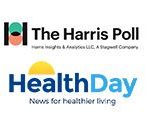
More than half of all Americans have been personally affected by COVID-19 at this point in the pandemic, according to a new HealthDay-Harris Poll survey. The national survey was conducted by The Harris Poll between Oct. 8 and 12. It found that 55% of U.S. adults now say they know someone in their immediate or extended network of family and acquaintances who’s been infected, hospitalized or passed away from COVID-19. About two in every five people said they’d had even more direct experience with COVID-19, with either themselves or someone very close to them falling ill, being hospitalized or dying. “By now, we’re all accustomed to regularly seeing the sobering figures for COVID infection and death rates, but these findings translate to something so much bigger in terms of the full and relentless impact of the virus on millions of Americans,” said Robyn Bell Dickson, managing director of The Harris Poll. These results come in the midst of a COVID-19 resurgence in the United States, with the nation averaging 59,000 new cases a day. There have been more than 8.3 million reported infections, and around 220,000 U.S. deaths caused by COVID-19. The online poll of 2,021 U.S. adults also found that 39% reported a direct impact on their lives from the pandemic, including: Having personally had COVID-19 (7%) or being hospitalized (4%) from their infection.… read on >










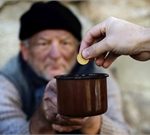
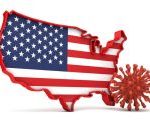



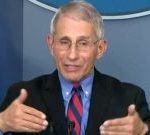
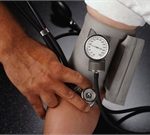





-300x200.jpg)













